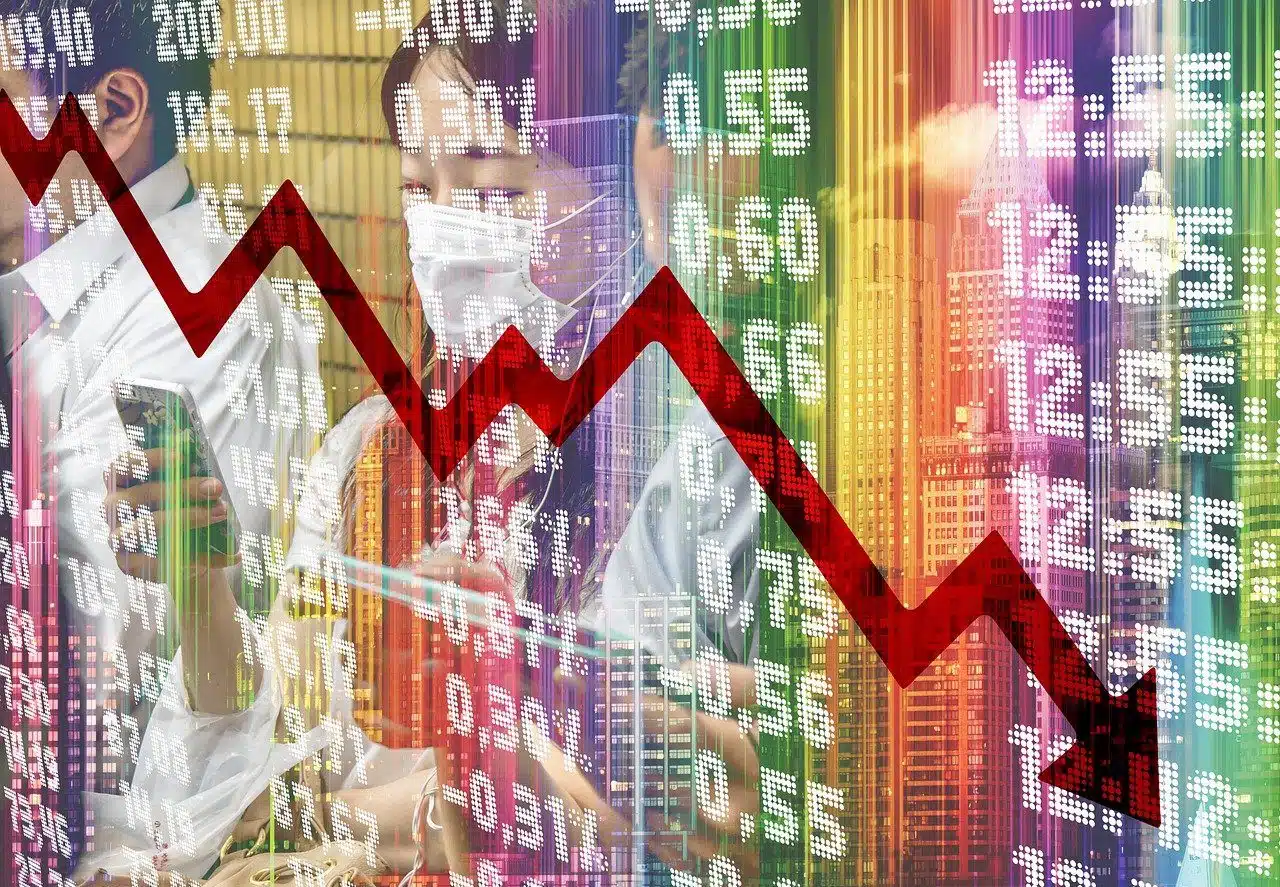
The capital market offers various investment options.
A capital market is an area where negotiable securities are sold and bought . In this way, stocks, bonds and other titles and certificates are traded in these spaces.
The operation of a capital market is under regulation by the competent authority. Thanks to this control, we seek to prevent investors from being victims of fraud.
History of the capital market
The capital market as an institution began to take shape in the 12th century . In those medieval times, it was common for merchants to meet in squares to agree on prices for upcoming shipments of livestock and agricultural raw materials. This futures negotiation was not carried out under the protection of an organization or under any control mechanism, but was carried out informally.
Before moving forward, it is important to mention that a future , in the field of economics , is a commodity or value that is agreed to be delivered within a certain period, but the price is agreed upon at the time the operation is agreed upon. As this type of negotiation expanded, it became formalized and capital markets emerged.
The Amsterdam Stock Exchange , founded in 1611 , is considered to be the first capital market. It arose to favor transactions of shares that the Dutch East India Company had issued to finance its expeditions. The Amsterdam Stock Exchange provided a specific venue for such exchanges.
Already in 1773, the London Stock Exchange was created, which achieved great relevance thanks to the growth of the British Empire , while in 1792 , on Wall Street , the New York Stock Exchange was established, of enormous importance from the century onwards. XIX .

Capital market fluctuations influence the valuation of companies.
The participants
In a capital market, different actors and institutions participate that execute operations and are in charge of control tasks, each party assuming its corresponding role. Although the composition depends on each market , at a general level it can be said that the fundamental entity is the stock market .
Under this name the structure that makes the completion of operations possible is known. The stock exchange is responsible for recording and controlling transactions, providing information to investors and attesting to security prices. It must be considered that the term refers to both the financial institution and the set of securities operations, as well as the building where those interested in buying and selling securities meet.
Among those who participate in the capital market we find investors and issuers . Investors are natural or legal persons who are willing to allocate financial resources to purchase securities, aiming to make a profit within a certain time. Issuers, meanwhile, are entities that offer obligations or shares (which are aliquot parts of their share capital) in the capital market to obtain resources. Financial intermediaries or stockbrokers also act, managing investment portfolios of third parties, selling and buying shares on their behalf.

When a major financial crisis occurs, the capital market can experience a stock market crash.
Classification of capital markets
Capital markets can be classified differently depending on the characteristics considered. One of the most common categorizations differentiates between the equity capital market and the fixed income capital market .
The equity capital market is one that is colloquially known as the stock market or even the stock market . In it, the shares of companies that have divided their capital stock into shares are traded, making it possible for investors to participate in said capital. Whoever buys shares expects that, thanks to the profitability of the company, the price of the securities will grow over time.
It should be noted that this equity market can be divided, in turn, into the primary market (the negotiation of newly created securities; that is, recently issued) and the secondary market (the exchange of already issued assets).
The fixed income market, on the other hand, is also called the credit market . It makes possible the negotiation of bonds , bills and other obligations that set the interest rate to be paid and allow the benefit they offer to be anticipated.
Another classification mentions the financial derivatives market . In this case, financial assets are traded with a value that depends on the price of another product (the underlying asset).
stock market indices
A stock index is a statistical indicator that reflects the average variation of shares in a capital market. These data are taken as a reference by investors and are considered to reflect, at least in part, the situation of the economy of the country or the sector to which the securities in question belong.
When the stock index reveals constant growth, it is called a bull market . In the opposite case, mention is made of a bear market . On the other hand, if the index goes up and down regularly, this situation is associated with market volatility .
The Dow Jones Industrial Average , the NASDAQ 100 and the S&P 500 are among the most important indicators in the United States . At the European level, the FTSE 1000 , the DAX 30 , the CAC 40 and the IBEX 35 stand out, while in the rest of the world stock indices such as the Bovespa and the Nikkei 225 also stand out.
